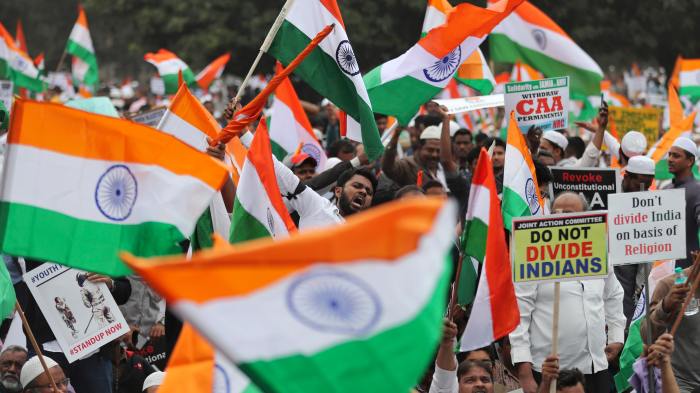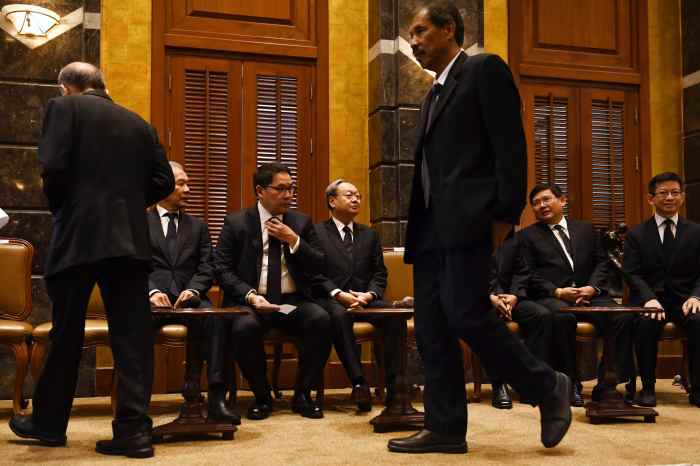Government in power crossword clue – The intricate realm of government in power, encapsulated in the crossword clue, invites us on an intellectual odyssey. This multifaceted concept encompasses diverse systems, current events, policy analysis, historical perspectives, global comparisons, and the interplay of public opinion and government legitimacy.
As we delve into this discourse, we shall uncover the profound impact of governments on societies, shaping destinies and influencing the course of history.
Governments, as the embodiment of political authority, wield immense power in shaping the lives of citizens. Their policies and decisions reverberate through society, affecting everything from economic prosperity to social welfare. Understanding the intricacies of government in power is therefore paramount for informed citizenship and effective participation in democratic processes.
Government in Power: Government In Power Crossword Clue

Government in power refers to the governing authority that exercises political control over a nation or state. Governments vary in their structures, ideologies, and approaches to governance. This article will explore the different types of government systems, their advantages and disadvantages, current events involving governments in power, policy analysis, historical perspectives, global comparisons, and public opinion and government legitimacy.
Political Systems

There are several types of government systems in power around the world, each with its own unique characteristics and implications.
Monarchy, Government in power crossword clue
A monarchy is a form of government where a single individual, usually a king or queen, holds the highest political power. Monarchies can be absolute, where the monarch has absolute authority, or constitutional, where the monarch’s power is limited by a constitution.
- Examples:United Kingdom, Saudi Arabia, Japan
- Advantages:Stability, tradition, clear line of succession
- Disadvantages:Potential for authoritarian rule, limited citizen participation
Democracy
A democracy is a form of government where the people have the power to choose their leaders through elections. Democracies can be direct, where citizens vote directly on laws and policies, or representative, where citizens elect representatives to make decisions on their behalf.
- Examples:United States, India, France
- Advantages:Popular sovereignty, accountability, protection of individual rights
- Disadvantages:Potential for majority tyranny, slow decision-making
Autocracy
An autocracy is a form of government where a single individual or a small group holds absolute power. Autocracies can be monarchies, dictatorships, or oligarchies.
- Examples:North Korea, China, Russia
- Advantages:Swift decision-making, strong leadership
- Disadvantages:Lack of accountability, suppression of dissent, limited citizen participation
FAQ Resource
What are the key types of government systems?
The main types of government systems include monarchy, democracy, and autocracy, each with its own distinct characteristics and power structures.
How do governments impact citizens and society?
Governments play a crucial role in shaping the lives of citizens through their policies on education, healthcare, infrastructure, and social welfare, among other areas.
What factors influence public trust in government?
Public trust in government is influenced by factors such as transparency, accountability, responsiveness, and the perceived effectiveness of government policies.
